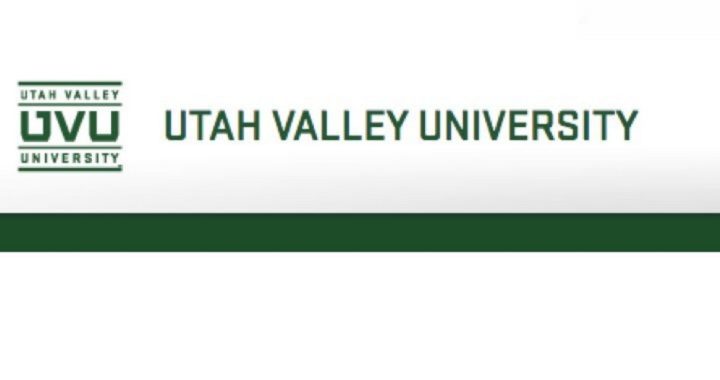
College officials across the country are employing some rather draconian measures to ensure a sense of inclusion for their minority and left-wing students, despite the fact that these tactics often alienate a majority of their other students. The latest example of this is at Utah Valley University in Orem, Utah, where students and faculty are being encouraged to report to the university’s Behavior Assessment Team any action perceived to be “inappropriate” or “argumentative.”
In a guidance letter addressed to professors at Utah Valley University entitled “Recognizing and Responding to Students of Concern,” instructors are asked to report any students who are deemed to have used “inappropriate language” or who engage in “argumentative” behavior.
A professor at Utah Valley University, who wishes to remain anonymous, provided a copy of the letter to the higher education website The College Fix, voicing concerns that it is far too overreaching and that it equips the Behavior Assessment Team with the sort of power that could turn it into a “tool of intimidation instead of a tool to foster inclusion.”
“In the past,” the faculty member told The Fix, “we have always been told that [the Behavioral Assessment Team] was for students who were a threat to physical safety … or for students who are disrupting the learning process. This year is the first time when we have been encouraged to report students for their words that may go against the inclusivity initiative or that may subjectively make someone ‘feel unsafe.’”
While most of the guidance focuses on behaviors that most would deem to be negative, such as bullying and violence or actions that could indicate self-harm, its use of broad language regarding certain other behaviors creates the potential to violate students’ free speech rights.
For example, the list of “disruptive behaviors” that require interventions includes “using inappropriate language (vulgar or sexual) and “concerning email, social media, paper, or communication through CANVAS [the school’s messaging system].” The problem these items present is how to determine what is “inappropriate” and “concerning.” For example, if a student refers to a transgender female as “he” or “him,” will that student be charged with using “inappropriate language”? If a student engaged in a debate about illegal immigration uses the term “illegal aliens,” will he or she be accused of “inappropriate language”? If a student posts a pro-Trump social media post, will he or she be called on the carpet by the thought police/Behavior Assessment Team?
According to the concerned Utah Valley professor, the guidance letter was distributed just one day after an administrator told faculty at a meeting that statements deemed “less inclusive” should be reported to the Behavior Assessment Team.
The professor fears that the Behavior Assessment Team is “a bias response team in disguise.” This is concerning, as bias response teams are regarded as threats to campus free speech.
In a piece for the James G. Martin Center for Academic Renewal, George Leef, its director, argued that bias response teams tend to target speech that is protected under the First Amendment, and as such they stifle free speech on campus and confuse students about their constitutional rights. “Colleges have always had procedures for students to report acts of violence or intimidation, as they should,” Leef stated. “Schools have a responsibility to shield their students against physical abuse and harassment, but bias response teams seldom do that; more often, they are turned into swords used against students or faculty members who have said something that happens to offend a student.”
Leef adds that while some bias complaints do not lead to action, “enough of them do to create a chilling effect on free speech.” He continues, “When students and faculty members know that they could face an investigation if they offend someone, the result is apt to be cautious speech or none at all. People may censor themselves once they know that an anonymous report against them will bring trouble.”
Similarly, the Foundation for Individual Rights in Education released a 2017 report in which it concluded that bias response teams “represent an emerging risk to free and open discourse on campus and in the classroom.”
Far too many colleges and universities have subscribed to the belief that it is their job to protect students from anything perceived to be offensive. The problem, of course, is that what is “offensive” varies depending on the individual, and too often, campuses have accepted the leftist and social-justice warriors’ perception of offensive behavior and language. Not only does this alienate the more conservative students and professors on campus, but it also creates “snowflake” students who are ill-prepared for the harsh realities of the real world.




